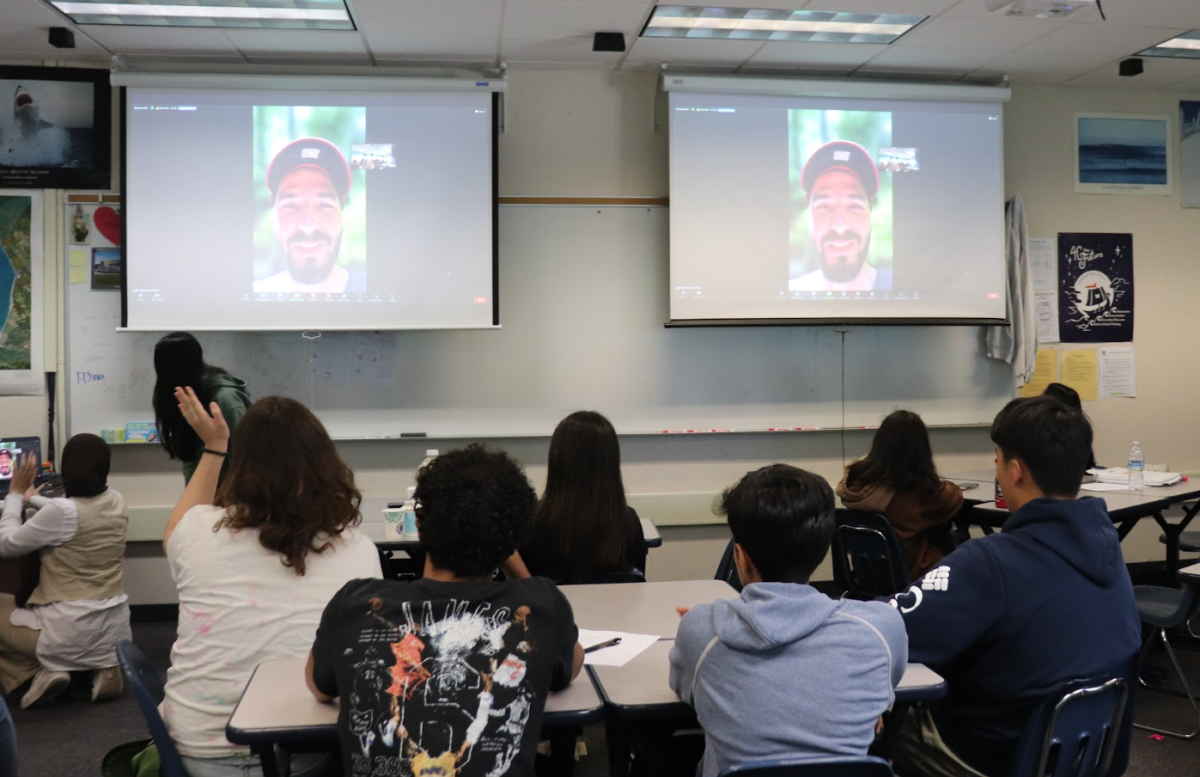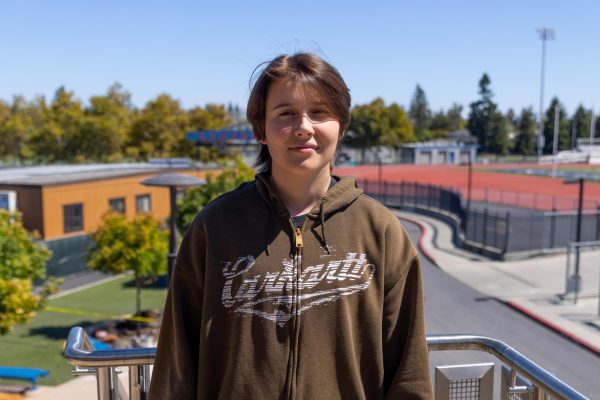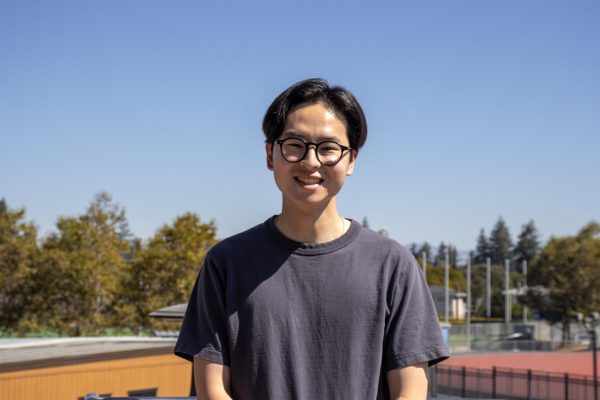On Tuesday, May 21, the Muslim Student Association hosted an event for interested students and staff to participate in a question and answer with guest speaker Dr. Mohammad Subeh. The event was focused on Subeh’s experiences volunteering during a medical mission in Rafah, a city in Southern Gaza.
“I didn’t really know what to expect — ‘What would I find in terms of the capabilities of the field hospital that we were working in?’” Subeh said on a Zoom call with the club. “Field hospitals [were] basically tents that we set up. You quickly realize that the situation is a lot worse than what we often hear about on the news and in social media.”
Subeh traveled to Rafah in February to provide medical aid to injured Palestinians, approximately 1.4 million of whom were displaced in Rafah by early February, according to the United Nations. More than half of Gaza’s population has been clustered into Rafah and an estimated 35,000 people have been killed in Gaza as a result of Israel’s ongoing bombardment of the strip. Israel’s military offensive in Gaza began in response to the Oct. 7, 2023 attack when the radical militant group Hamas killed an estimated 1,200 and took hostage an estimated 240 Israelis.
Subeh shared the encounters and emotions he faced when partaking in the effort to assist and save the lives of an estimated 79,000 Palestinians who have been injured.
“We had several orphans that lost their entire family,” Subeh said. “Many of them lost their limbs or lost half their shins and were waiting for surgery or evacuation to get surgery, and they would be the ones really filling my bucket every day. Flying kites together, singing together — they would want to dance with me. If these kids can find some joy on a day-to-day basis, how can I not have some optimism?”
In response to a student question about what high school students can do to help the people of Gaza, Subeh spoke about how witnessing the struggles many Palestinians must bear has informed his understanding of the importance of gratitude, encouraging students to speak up and learn about injustices around the world.
“I think it’s important for all of us to do introspection, on a daily basis,” Subeh said. “Think about the privileges you have and find your purpose […] Be an upstander. Being an upstander means: whenever you see a violation of fellow human beings’ rights, whether that be a friend at school or people from different communities or people abroad, speak out against those injustices, despite the potential threats of retaliation that you may face. A part of that is also knowing your rights and your responsibilities. You’re never too young to be politically involved and to speak with your representatives.”




































































